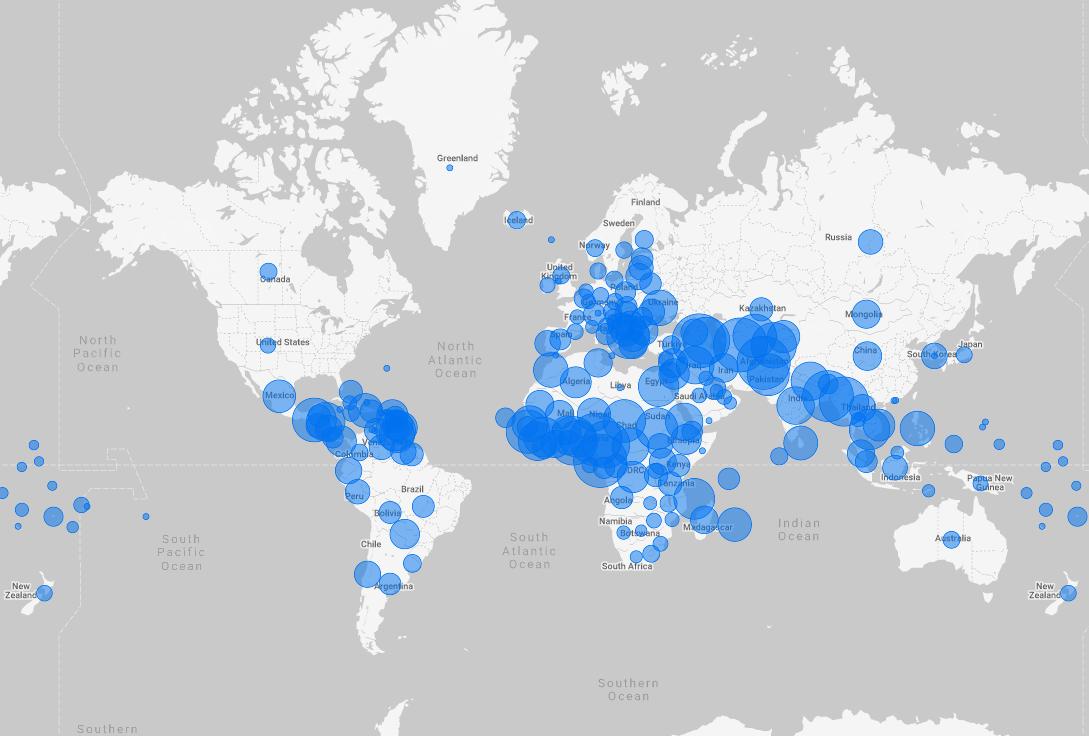Financial Burden and Economic Efficiency
Healthcare Costs & Economic Impact
Healthcare costs are a critical aspect of evaluating a country’s health system. The cost as a percentage of GDP reveals the financial burden of healthcare on the economy. The U.S. stands out with healthcare spending accounting for 17.3% of its GDP, far above the OECD average of 9.6%. This disproportionate expenditure, despite lower performance rankings, underscores the inefficiencies in the U.S. healthcare system.
Towards a More Effective and Equitable Healthcare System
The analysis of global and regional healthcare performance reveals significant disparities in both cost and outcomes. Countries with robust preventive care and accessible healthcare systems, such as those in the Nordic region, consistently achieve better health outcomes despite high taxes.
The U.S., despite its high healthcare spending, struggles with inefficiencies, particularly in managing chronic diseases like diabetes and obesity. To improve global health, prioritizing access to healthy foods, preventive care, and affordable healthcare delivery is essential. A unified global healthcare approach might offer a solution to the current disparities and inefficiencies.





